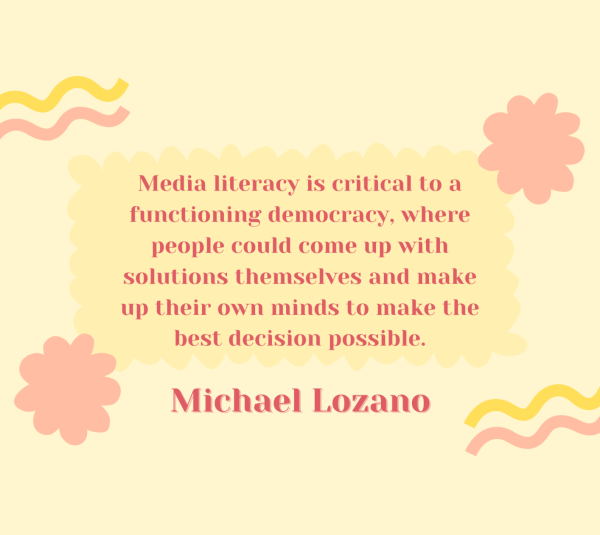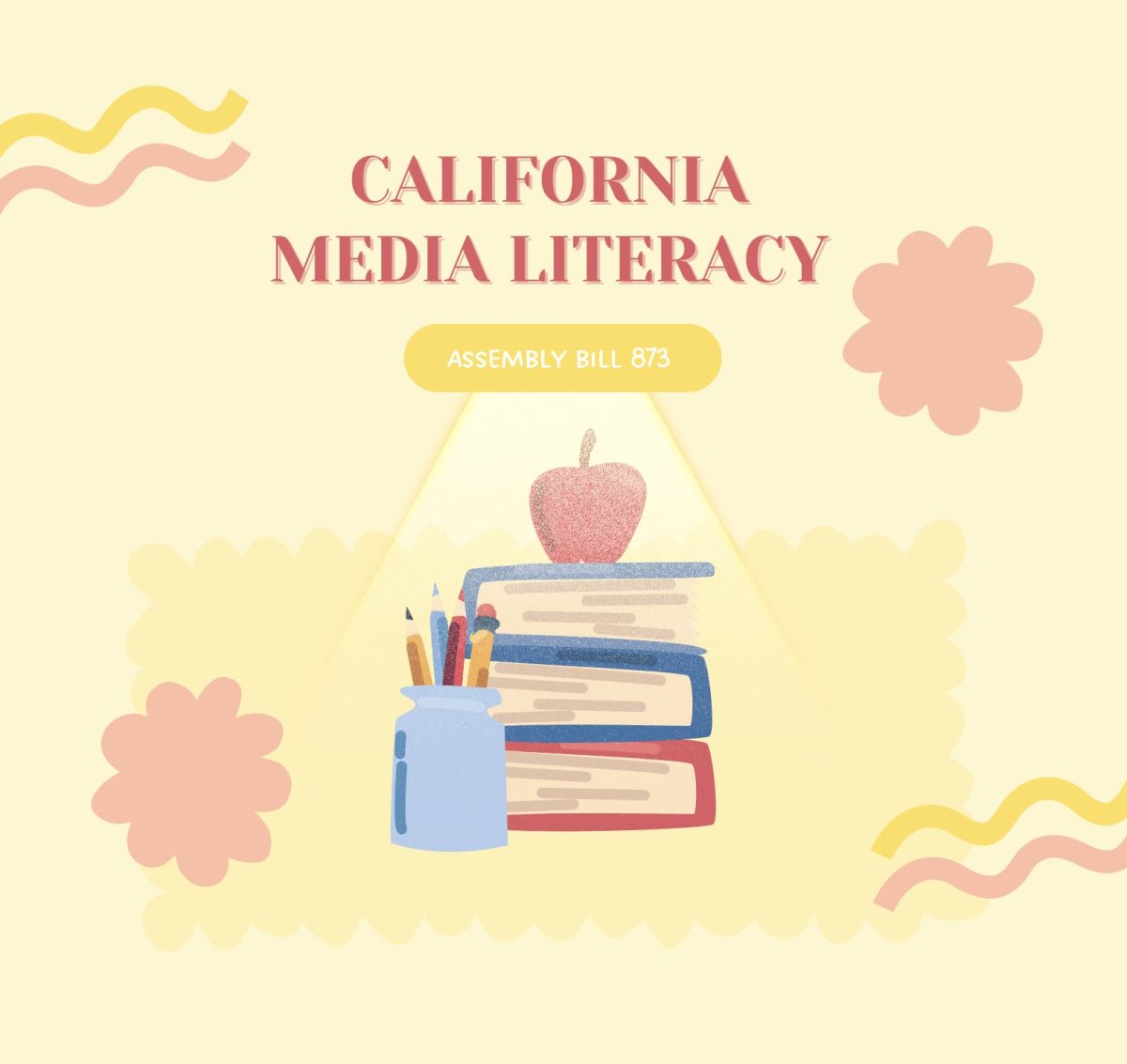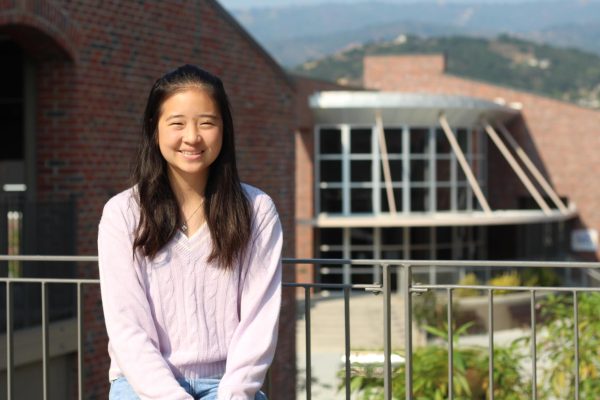Governor Gavin Newson recently signed Assembly Bill 873 on Oct. 13, 2023, requiring media literacy instruction to be given to students in the state of California starting after 2024. The bill calls for the Model Library Standards, which include guidelines on media literacy education, to be incorporated into the English, science, math and history curriculums. The bill mentions social media and online misinformation as the reasons to teach media literacy in schools and claims misinformation is a threat to society. The Model School Library Standards for California Public Schools were adopted in 2010 and contain guidelines for how students should learn and develop their information literacy skills. The K-12 guidelines focus on the skills of accessing, analyzing and using information, allowing students to become more informed consumers of news.
According to the Center for Media Literacy, media literacy is defined as something that “provides a framework to access, analyze, evaluate and create messages in a variety of forms — from print to video to the Internet.” Michael Lozano, head of the CalMatters Youth Journalism Initiative, expresses the importance of media literacy in individuals’ everyday lives.
“Media literacy is critical to a functioning democracy, where people could come up with solutions themselves and make up their own minds to make the best decision possible,” Lozano said. “Media literacy is important for voters to support businesses to succeed. It’s important for families to be healthy and important for all major aspects of society to function well.”

According to Associate Superintendent Tom Avvakumovits, the law itself is unlikely to have an immediate impact on education. The text of the bill recommends the next revision of the state English curriculum to include media literacy. The media literacy recommendations will have to go through organizations like the Instructional Quality Commission and the greater California Department of Education before reaching local curriculum leads.
“What this does is it sends out a beacon to say, ‘Hey, let’s thoughtfully examine how we do media literacy,’” Avvakumovits said. “We certainly do not need to wait for the IQC to deliver recommendations to the standards committee so that it gets approved; this could take years.”
Especially considering the increase in the use of online resources, English teacher Jessica Kaufman emphasizes how important media literacy is to bridge the gap between our online and offline lives. She also recognizes several challenges regarding the implementation of media literacy into California’s public school curriculum. Specifically, she points out the difficulties of discerning how different grades handle the incorporation of media literacy in classrooms.
“It’s going to be a challenge figuring out what happens at each level, like what happens in the first grade versus what happens in 12th,” Kaufman said. “Also how it applies across the subject matter, because media literacy is definitely necessary in every subject, but how each subject goes about that based on their content is going to be very different.”
Despite potential challenges due to different requirements from different subjects, Kaufman is optimistic about the incorporation of media literacy into her future literature classes, as anything media related can fall into the content for English.
“It’s necessary to be able to look at a source and recognize bias,” Kaufman said. “And it’s important to be able to know if this is skewed in a certain direction. Even if I agree with the skew, I know that this is probably not fully what’s happening.”
Senior Esther Suh, who completed her eleventh grade Patriot Acts Research Project on Fake News and Propaganda, mentions that the sources and media outlets that many individuals use have bias, so different perspectives are important to determine the trustworthiness of information.
“I think it’s good to get multiple perspectives before coming to a conclusion,” Suh said. “Especially since technology is available to everyone, even younger kids, so you have to be careful.”
Though Lozano believes that social media makes it easier to spread misinformation, he also believes that the internet can be leveraged to become better informed.
“One piece of advice I would give to folks is to read about the same topic from different sources,” Lozano said. “We could speak so negatively about the internet and social media. But one of the great tools it has provided is the ability to easily read laterally from different sources at the same time.”












